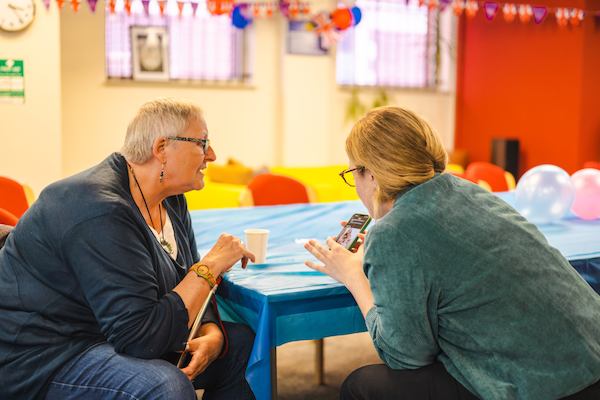I turned fifty a couple of months ago. Maybe it’s because I work at the Centre for Ageing Better, but I feel the same as I did when I was 49. Pretty lucky actually, because our work here focuses on how to help people in later life get what they want and deserve out of society – to be in good health, to be financially secure – including carrying on working in fulfilling jobs; to have good connections with family, friends and communities, amongst other areas.
Trying to make this happen every day does a lot to counteract any latent ageist attitudes I might have. So good for me. But as a society, we’re affected by ageism every day, in many ways. Negative media headlines glide by:
- The hilarious blunders that prove grandparents and technology DON’T mix.
- Coroner calls for clampdown on OAP drivers.
- Is the grey pound ruining British Cinema?
And it’s not just about how our culture typifies older people, but ingrained practical injustices that are as bad as any other form of discrimination.
Over 90% of homes are not adapted properly for people as they age and one in ten people over 50 say ‘I have experienced discrimination at work, or applying for work because of my age’.
Ageism is one of the underlying reasons for these structural failings and many others.


